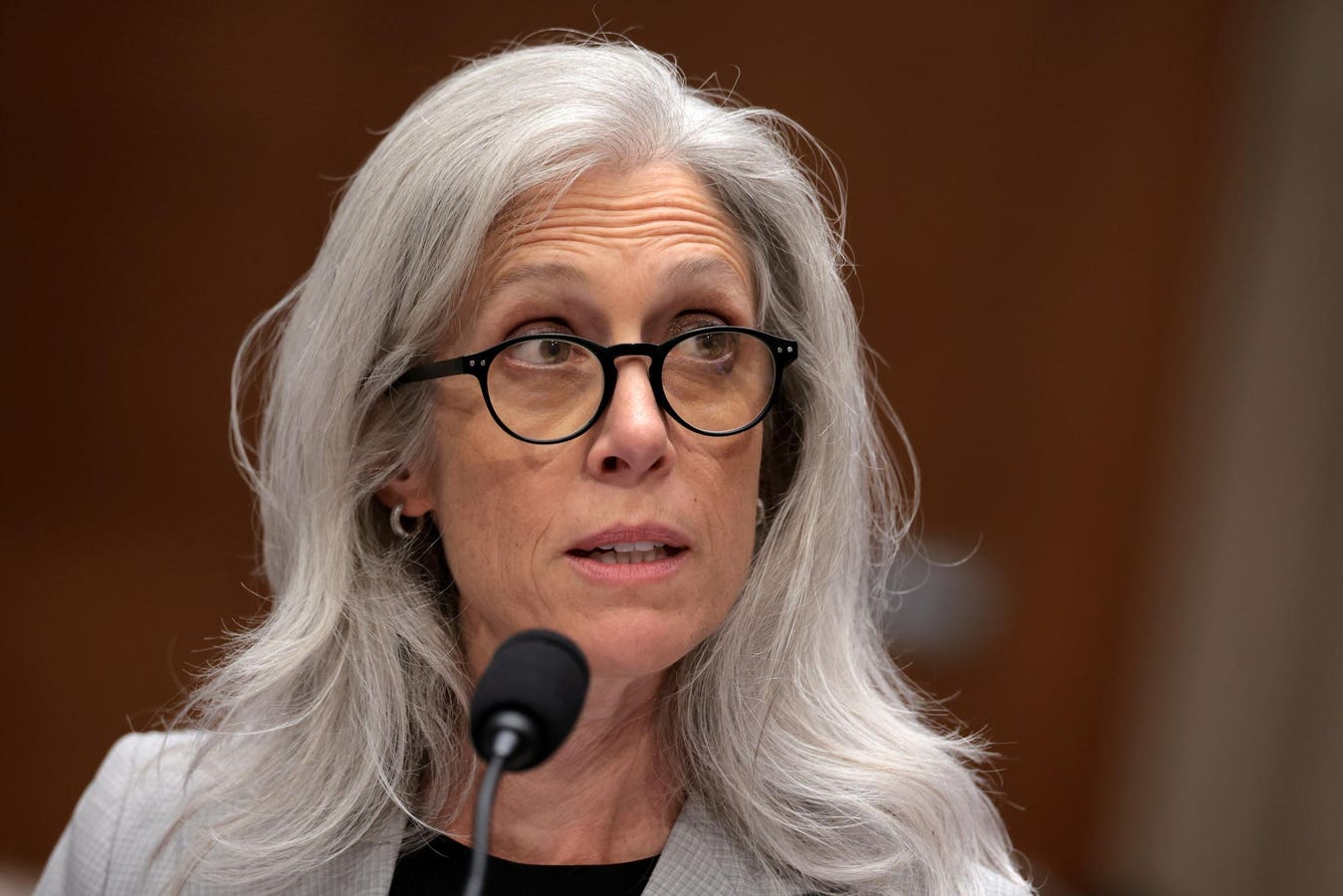Health and Human Services Secretary Robert F. Kennedy Jr., a vaccine skeptic, said last month he had full confidence Monarez could “restore the CDC's role as the most trusted authority in public health.”
Why it matters
- The ongoing leadership changes at the CDC could significantly impact public health policy and trust.
- Robert F. Kennedy Jr.'s endorsement of Monarez emphasizes the necessity of restoring faith in the CDC's guidance during a critical time.
- The debate over vaccine skepticism and public health strategies continues to shape discussions around health leadership.
In a move that underscores the turbulence surrounding the Centers for Disease Control and Prevention (CDC), Health and Human Services Secretary Robert F. Kennedy Jr. has voiced his unwavering support for Susan Monarez, the agency’s recently appointed director. Kennedy Jr., known for his controversial stance on vaccines, emphasized his belief that Monarez is capable of rejuvenating the CDC’s reputation as the foremost authority in public health. His confidence comes at a time when trust in the CDC is paramount, given the agency's critical role in navigating the complexities of public health crises.
Kennedy Jr.'s comments were made last month and reflect a significant endorsement amidst a backdrop of skepticism regarding vaccine efficacy and public health messaging. The CDC, battling numerous challenges—from misinformation about vaccines to the ongoing impacts of the COVID-19 pandemic—faces a pivotal moment in its leadership and public perception.
Monarez, who was appointed to her position earlier this year, has found herself at the center of a storm. Following a series of public health missteps and controversies surrounding her predecessor, the stakes are high for her to successfully steer the agency back to a position of trust and reliability. Kennedy Jr.'s support is seen as a crucial factor in this endeavor, particularly as he himself has been a polarizing figure in discussions about vaccines and public health policies.
In recent statements, Monarez has defended her position and outlined a vision for her leadership that emphasizes transparency and community engagement. She argues that restoring trust in the CDC will require not only effective communication but also a commitment to addressing the concerns of the public regarding health guidelines and recommendations. Her ability to navigate these challenges will be closely monitored by both public health experts and the general populace.
The endorsement by Kennedy Jr. also highlights a critical intersection of politics and public health. His prominence as a vaccine skeptic adds a layer of complexity to the conversation surrounding the CDC's credibility. While some view his support as a potential boon for Monarez's leadership, others remain wary of the implications of aligning with a figure who has historically challenged mainstream health narratives.
As the CDC grapples with its identity and purpose in the current health landscape, Monarez's tenure is likely to be defined not only by her policies but also by how effectively she can engage with various stakeholders, including those who harbor doubts about vaccinations and public health recommendations. The agency's future direction may well hinge on her ability to strike a balance between evidence-based science and the concerns of a skeptical public.
Moreover, the discussions surrounding Monarez's leadership come at a time when the country is witnessing an uptick in vaccine hesitancy, fueled by misinformation and distrust in public health institutions. The need for the CDC to reclaim its role as a trusted source of information is more pressing than ever. Monarez will need to employ strategies that foster dialogue with communities and encourage a more informed public discourse about vaccines and health practices.
As the situation unfolds, the potential implications of Monarez's leadership on public health policies and the agency's overall reputation will be observed closely. The CDC's ability to adapt and respond to the needs of the public, while simultaneously managing internal and external challenges, will be critical in determining its efficacy in safeguarding public health.
In summary, the future of the CDC under Monarez’s leadership remains uncertain, but with influential supporters like Robert F. Kennedy Jr., there is a glimmer of hope that the agency may navigate the ongoing challenges effectively. The road ahead will require a concerted effort towards rebuilding trust and ensuring that public health guidance is both authoritative and accessible to all.











